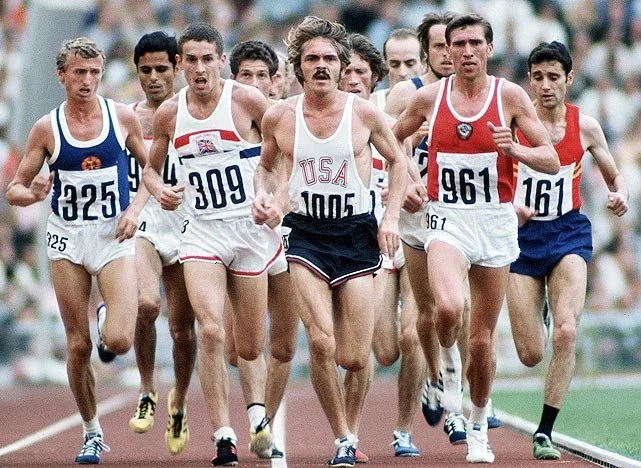BEIJING — Athletes are assuredly role models. Mikaela Shiffrin was the No. 1 role model ever Wednesday. In defeat.
Understand: the reason you go to the Olympic Games is to win. Especially when you are arguably the best female alpine skier ever.
But when you crash out of your first race after just a few gates, the one where you are the defending Olympic champion, and then in your second race, the one in which you have won literally dozens of times on the World Cup tour, you ski out again, once more literally just seconds into the race, what then?
What then is the profile in vulnerability and, yes, courage that Shiffrin delivered Wednesday — though it may not feel like it to her just now, and may not perhaps for a very long time.










